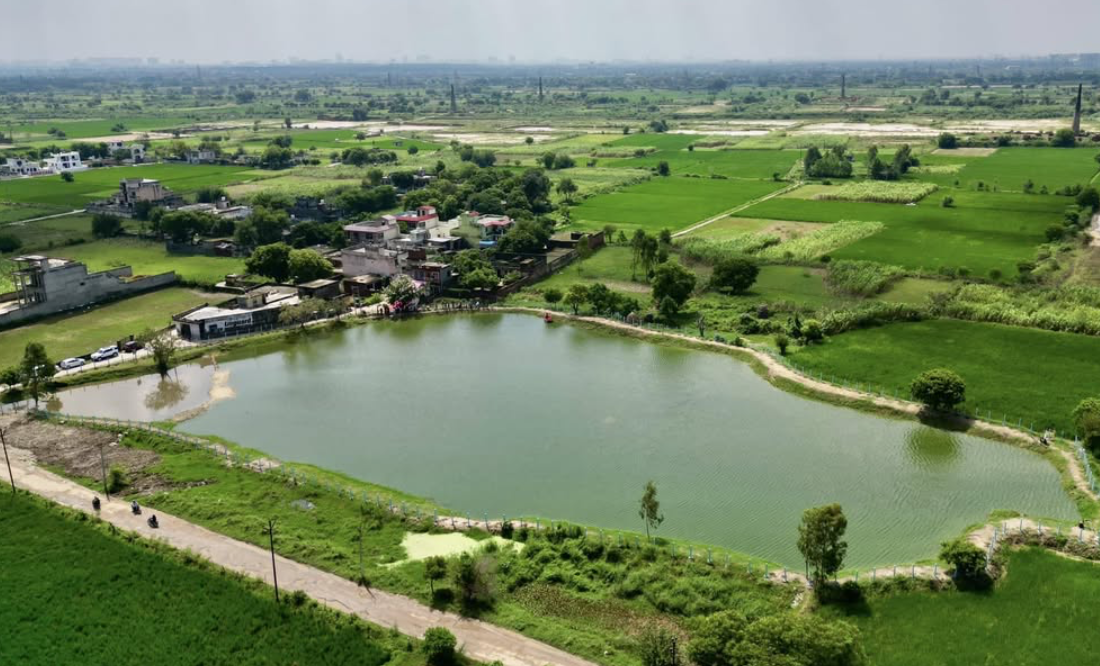
We work tirelessly to conserve and restore water bodies across the region, ensuring a sustainable water supply for future generations.
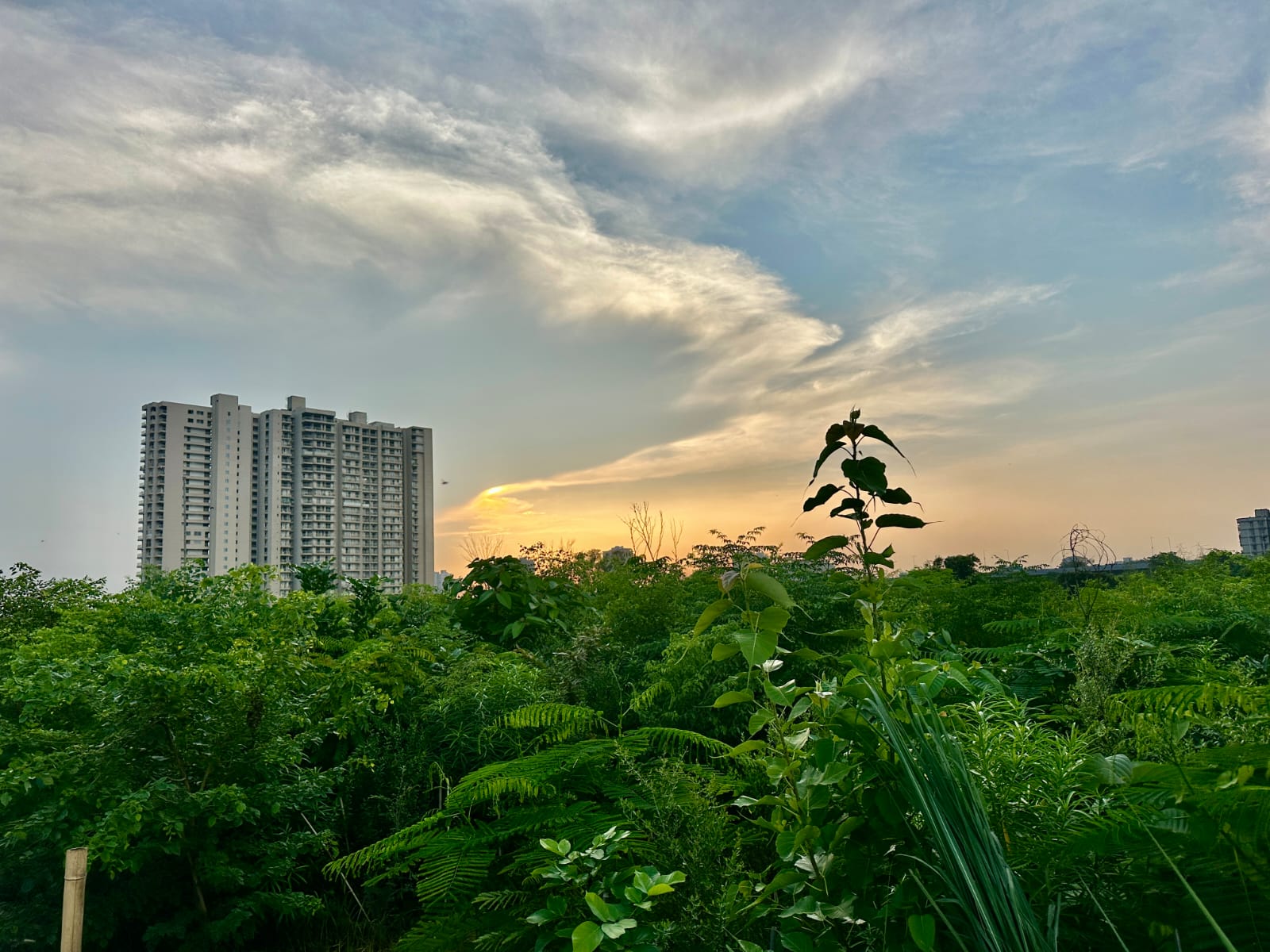
Our forestry projects aim to increase green cover in urban areas, creating healthier environments and combating climate change.
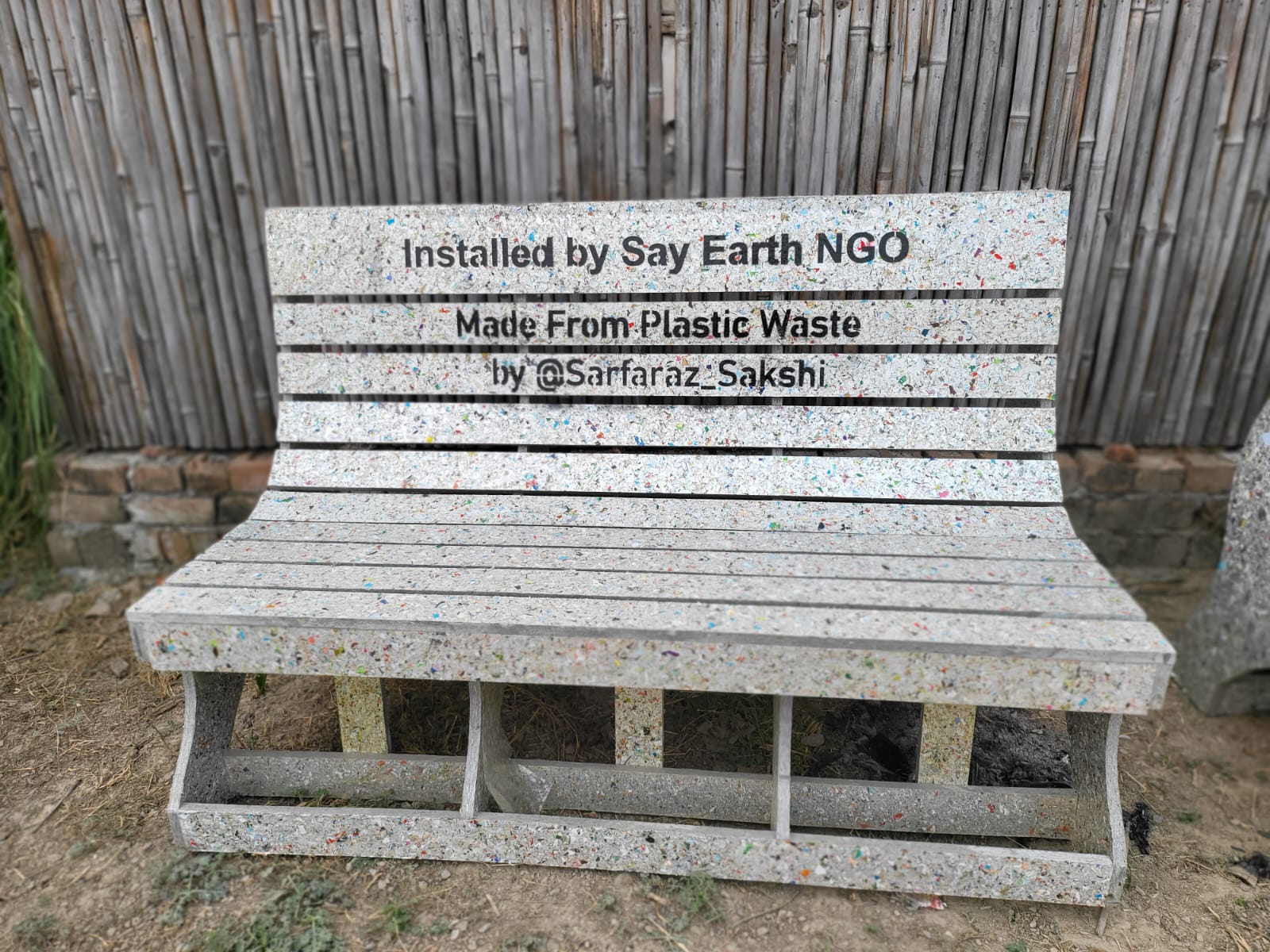
We actively engage in plastic reimagining initiatives at SayEarth, reducing waste and promoting sustainable practices within communities.
Say Earth is constantly endeavoring towards the conservation and restoration of lentic freshwater ecosystems. These comprise of all waterbodies with standing water like ponds, lakes, tanks, wetlands etc.
A biodiversity hub, wetlands play a crucial role in maintaining life on the planet with wetlands estimated to support about 40% of the world's plant and animal species, including 30% of all known fish species.
Forests are biologically diverse ecosystems that provide habitat to various plants, animals, and microbes. Dominated by trees, it is a functional system characterized by intricate relationships between its various biotic and abiotic components.
Healthy forest ecosystems provide a plethora of services to humans and other species. They contribute to the formation and conservation of soil and regulate hydrology besides providing habitat to a variety of plant and animal life.
"We never know the worth of water till the well is dry."
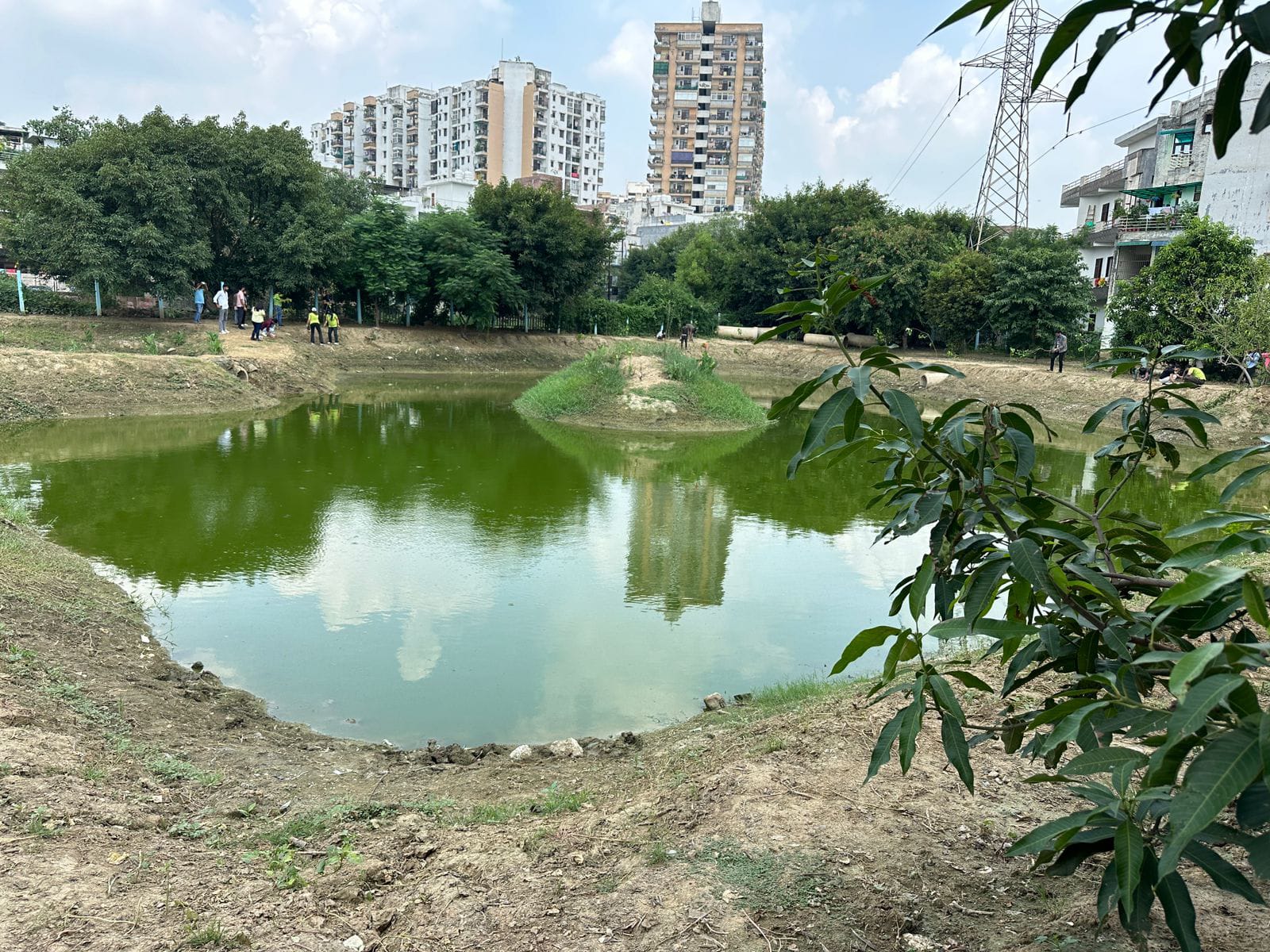
India as a nation faces a unique dilemma regarding its water situation. With only 4 percent of the world's fresh water and a population comprising almost 17.76 percent of the global population, the country just doesn't have enough water to support its burgeoning population.
We've embarked on a journey to restore waterbodies in the country with the active involvement of society members. So far, we have been able to restore and rejuvenate more than 80 waterbodies comprising of both lakes and ponds across 6 states of India.
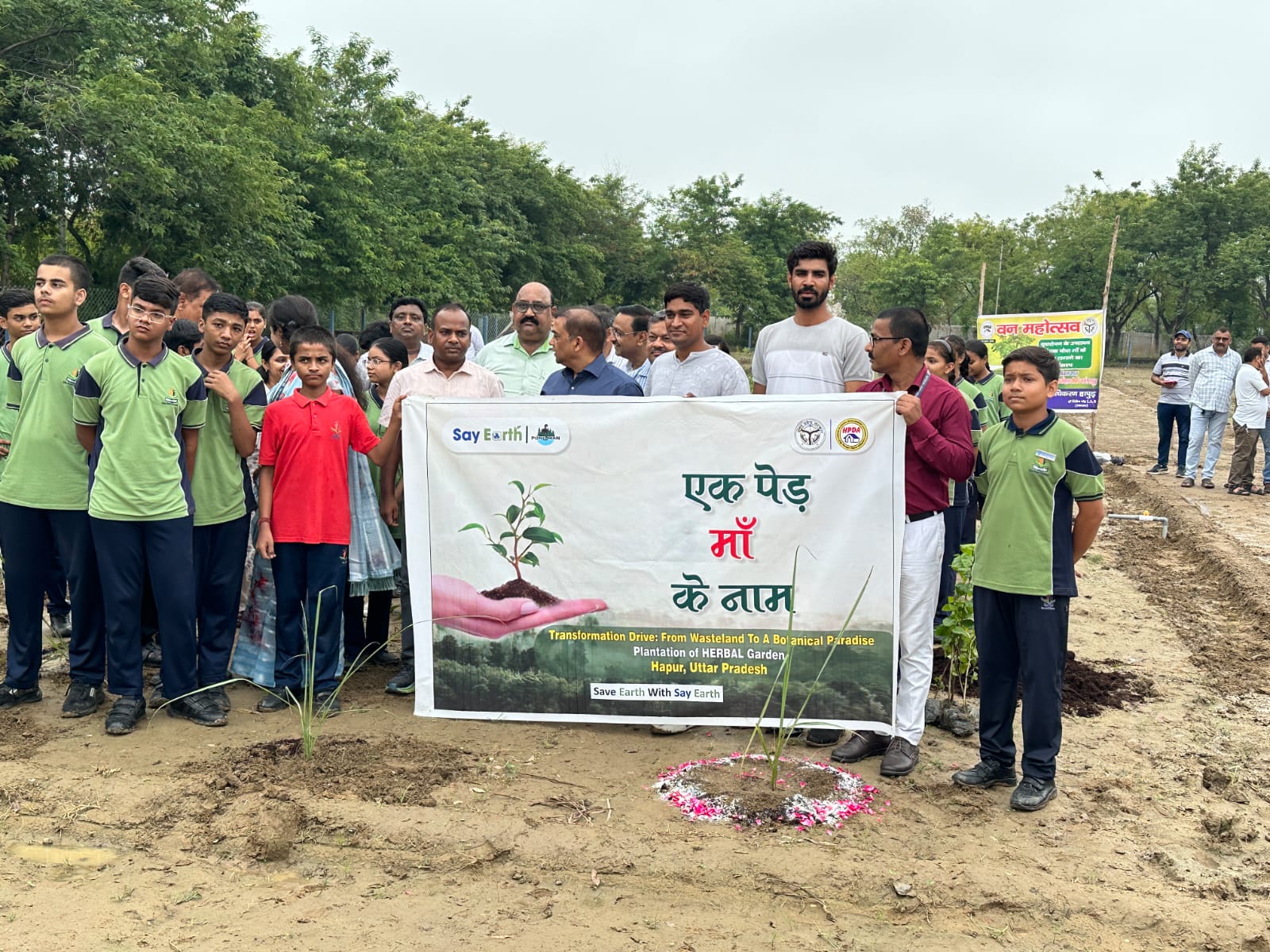
Our country is growing rapidly both in terms of population and Infrastructure. Fast-paced urbanization along with a developing economy have taken a toll on the natural ecosystems. Many infrastructure projects require the cutting of trees to pave the way for such projects. Resulting in cutting of large number of trees that alters hydrology, micro- climate soil and biodiversity adversely.
We choose sites that are functionally defunct and are degraded and transform them into dense forests using the Japanese Technique of Miyawaki. This approach ensures a greater number of species in less area, and growth is ten times faster.
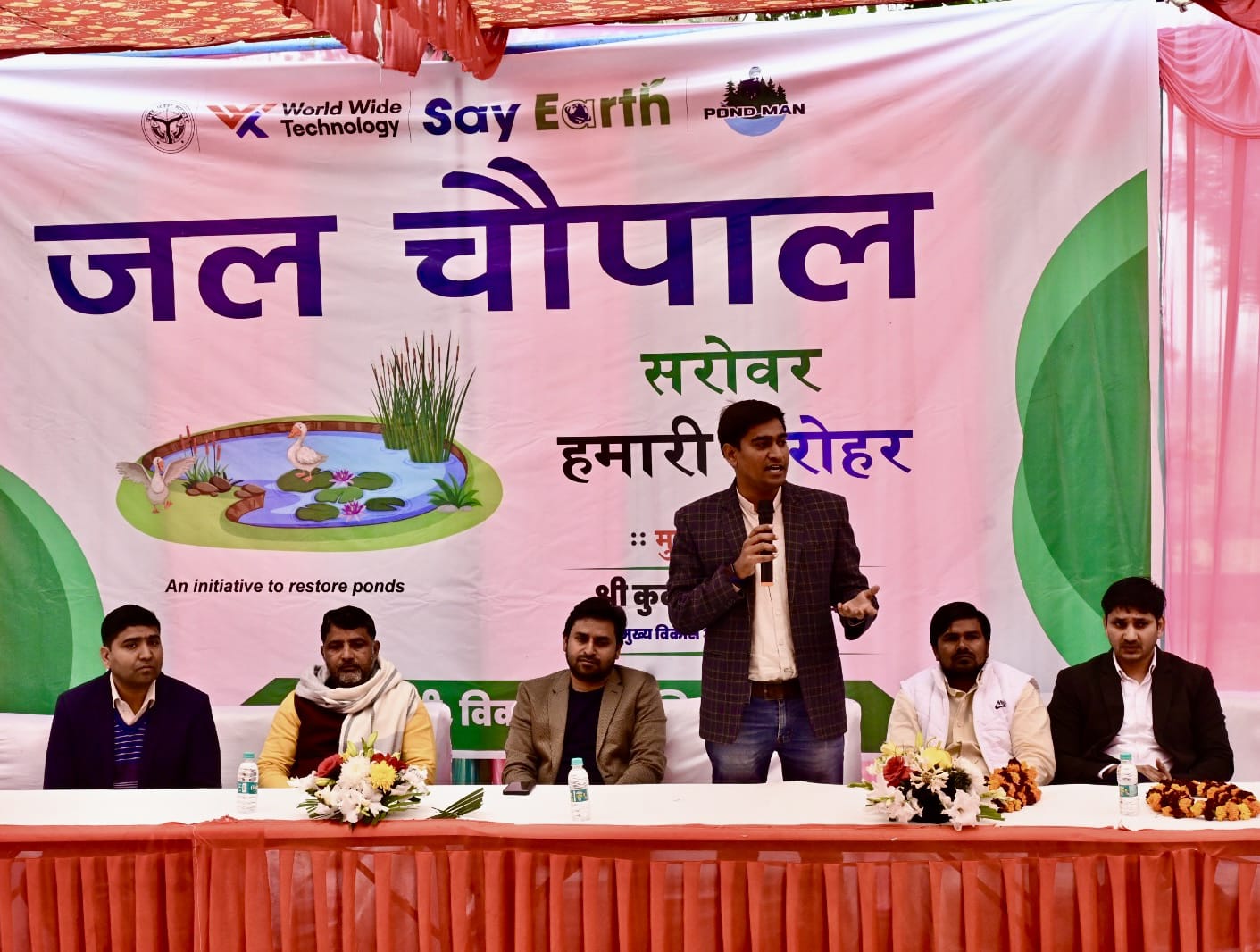
Say Earth has a strong faith in the power of collective action and believes that every individual thought and effort has the potential to bring about a larger revolution. Our major campaigns include selfie with ponds.
At every step of our work, we encourage dialogue with the communities to enrich our work with indigenous knowledge, simultaneously making them aware of the needs and benefits of our endeavours like pond restoration and afforestation.